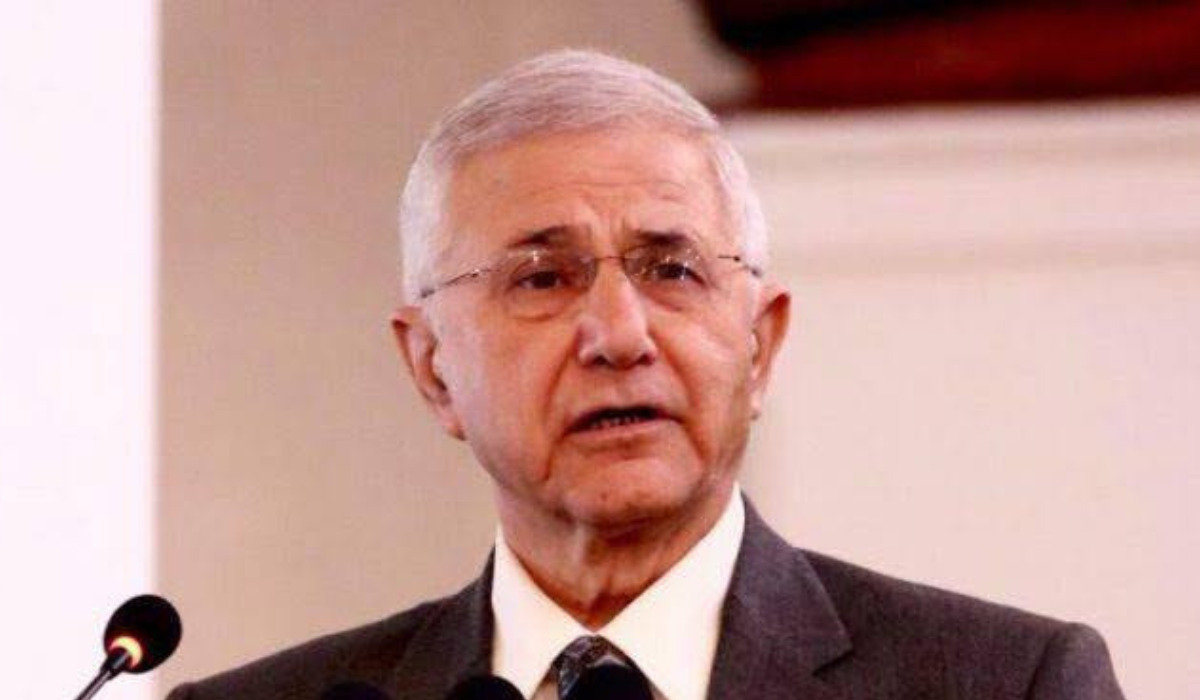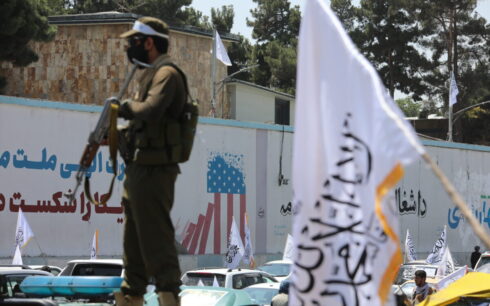Abdul Bari Jahani, the former minister of information and culture of Afghanistan under the republic government, has warned the Taliban leaders that “it is possible to take power by force, but history has proven that it is not possible to keep it by force.”
Bari Jahani said in an open letter to the Taliban this week that power has been “monopolized” by the Taliban based in Kandahar in Afghanistan and accused the Taliban of “excluding non-Pashtuns” from power.
The former Afghan minister also accused the Taliban of trampling and violating the rights of all ethnic groups in Afghanistan and that all other ethnicities – including non-Kandahari Pashtuns – have become disillusioned.
Bari Jahani said that all Pashtun tribes will pay for the Taliban’s actions if the situation doesn’t change in Afghanistan.
He emphasized that the Taliban does not represent the Afghan Pashtun tribe because “all Pashtuns are not Taliban.”
“Head of the university is a Mullah (a person with religious background), the finance minister is a Mullah, and the minister of mining is a Mullah. Mullah has not had that many perfections. He may know translations and interpretations [of the Holy Quran], but he is not a doctor, he is not a lawyer, he is not an engineer. Why should these responsibilities be given to a specific group? Another thing is that there is a monopoly of power in a country where nearly six large and major tribes live, and this will have bad consequences, and other tribes think that these are all Pashtuns. No, the Taliban do not represent all Pashtuns. They (Taliban) are doing the same thing to educated Pashtun youths as they have done to Uzbek, Tajik, and Hazara ones,” Jahani explained in a chat with Amu.
He added that the closure of schools and universities to girls and the arrest of civil society activists by the Taliban drove him to write a letter of advice.
“The most important issue is education. All Afghans are unhappy with the ban on education by the Taliban. Pashtuns were never against the education of girls. They deprived women of work, which means they deprived society of earning a living,” Jahani said.
“The world does not have a good opinion of you. Afghans abroad are ashamed of the name Pashtun because of your actions,” he wrote to the Taliban.
In this letter, Bari Jahani also advised the Taliban that 100 percent of Afghan people are unhappy with the Taliban’s treatment of them and that they need to change their behavior.
“[Weekly] forty million dollar packages will not last until the Day of Judgment (forever). America did remain committed to the governments of Hamid Karzai and Ashraf Ghani; its friendship with you (Taliban) is also based on its own interests,” Jahani said.
Abdul Bari Jahani is also a writer and poet and composed the republic government’s national anthem.





